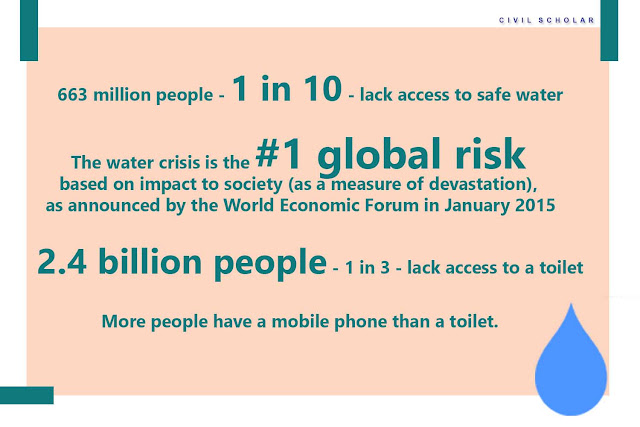According to WHO, 1 out of 10 people lack access to safe drinking water in the world. The shortage of water will be the next great global crisis. If there is a device which can generate water from air, then we can assure that our future generation is in safe hands. Such device was recently unveiled by a team of MIT.
The process is completely passive, with no need for solar panels, batteries, or additional energy. Previous water-harvesting technologies have been limited to areas with fog or other high-moisture conditions.
The device is based on a novel material that can pull large amounts of water into its many pores. According to a study published in the journal Science on Thursday, a kilogram of the material can capture several liters of water each day in humidity levels as low as 20 percent, typical of arid regions.
The technology could help address a big and growing problem. A report last year in Science Advances found that four billion people, nearly half in India and China, face “severe water scarcity at least one month of the year.” That means water shortages affect two-thirds of the world’s population. These shortages—and the resulting conflicts—are only expected to become more common in large parts of the world as climate change accelerates.
Source: MIT Technology review | https://www.technologyreview.com/
The process is completely passive, with no need for solar panels, batteries, or additional energy. Previous water-harvesting technologies have been limited to areas with fog or other high-moisture conditions.
 |
| image: |
The device is based on a novel material that can pull large amounts of water into its many pores. According to a study published in the journal Science on Thursday, a kilogram of the material can capture several liters of water each day in humidity levels as low as 20 percent, typical of arid regions.
The technology could help address a big and growing problem. A report last year in Science Advances found that four billion people, nearly half in India and China, face “severe water scarcity at least one month of the year.” That means water shortages affect two-thirds of the world’s population. These shortages—and the resulting conflicts—are only expected to become more common in large parts of the world as climate change accelerates.
 |
| illustration: CS |
Source: MIT Technology review | https://www.technologyreview.com/